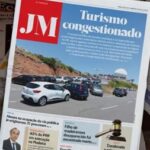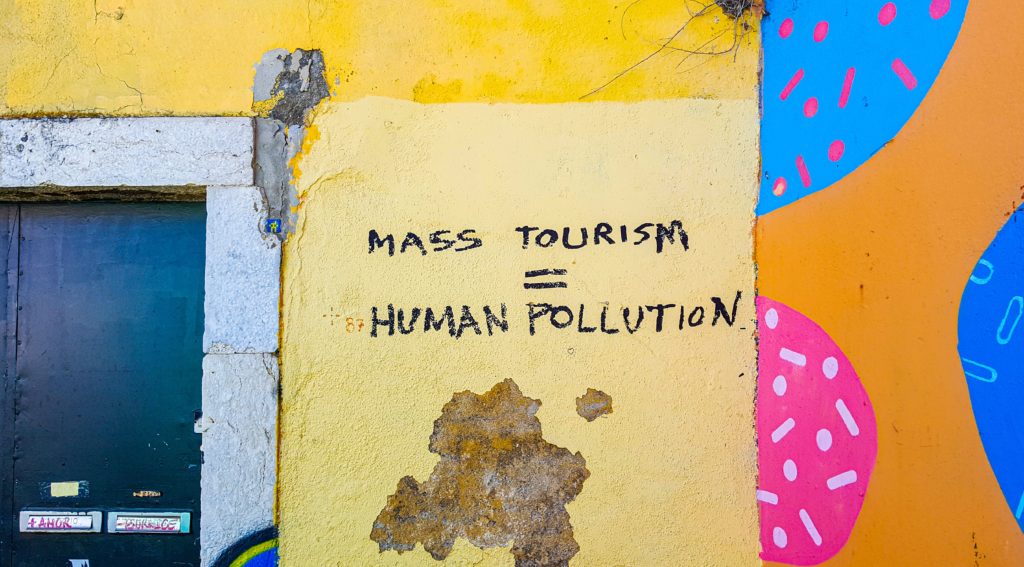Over-tourism in Madeira: Balancing Beauty with Sustainability
Introduction
Nestled in the Atlantic Ocean, Madeira is a lush archipelago known for its dramatic landscapes, vibrant culture, and warm climate. Its stunning scenery and welcoming atmosphere make it a prime destination for tourists worldwide. However, this popularity comes with a price. Over-tourism has become a pressing issue, threatening the very allure that draws visitors to Madeira.
The Rise of Over-tourism

Over the past decade, Madeira has seen a significant increase in tourist arrivals. This surge is fueled by affordable flights, the rise of cruise tourism, and widespread promotion through social media and travel blogs. While tourism is vital for Madeira’s economy, providing jobs and supporting local businesses, the excessive number of visitors has led to several challenges.
Environmental Impact
- Ecosystem Degradation: The influx of tourists places immense pressure on Madeira’s natural habitats. Popular sites, such as the Laurisilva forest (a UNESCO World Heritage site), suffer from trampling and littering, which disrupt the delicate ecosystem.
- Waste Management: With more visitors, the volume of waste increases. Managing this waste without harming the environment is a growing challenge, leading to pollution in both terrestrial and marine areas.
- Water Resources: The demand for water rises with the number of tourists. This can strain local resources, especially during the dry season, impacting both residents and the natural flora and fauna.
Social and Cultural Consequences
- Housing and Infrastructure Strain: The surge in short-term rentals and the construction of new hotels have driven up property prices, making housing less affordable for locals. Additionally, the infrastructure, including roads and public transportation, often struggles to accommodate the high volume of tourists.
- Cultural Erosion: As the island adapts to cater to tourists, there is a risk of losing authentic cultural expressions. Traditional practices and local customs may be overshadowed by commercial activities aimed at visitors.
Sustainable Tourism Practices
To mitigate the effects of over-tourism, Madeira is adopting several sustainable tourism practices. These efforts aim to preserve the island’s natural beauty and cultural heritage while still benefiting from tourism.
- Promoting Off-Season Travel: Encouraging tourists to visit during the off-peak seasons can help distribute the visitor load more evenly throughout the year, reducing the strain on resources and infrastructure.
- Eco-Friendly Initiatives: Madeira is investing in eco-friendly transportation, such as electric buses and bike-sharing programs, to reduce the carbon footprint. Additionally, initiatives to promote recycling and reduce single-use plastics are gaining traction.
- Community-Based Tourism: Focusing on community-based tourism ensures that the benefits of tourism are felt by local residents. This approach emphasizes the importance of cultural preservation and encourages tourists to engage with and respect local traditions.
- Visitor Education: Educating visitors about the environmental and cultural significance of Madeira can foster responsible tourism. Efforts include providing information on sustainable practices and encouraging respectful behavior.

Conclusion
Over-tourism in Madeira is a complex issue that requires a balanced approach to ensure the island remains a vibrant and attractive destination. By adopting sustainable tourism practices, Madeira can protect its natural and cultural treasures for future generations while continuing to thrive as a premier travel destination. As visitors, we can contribute by being mindful of our impact and supporting initiatives that promote sustainability. Together, we can ensure that Madeira remains a paradise for both its residents and its guests.
We hope this post inspires you to travel responsibly and appreciate the delicate balance that keeps destinations like Madeira so enchanting. For more insights and tips on sustainable travel, stay tuned to Ocean-Retreat.com.